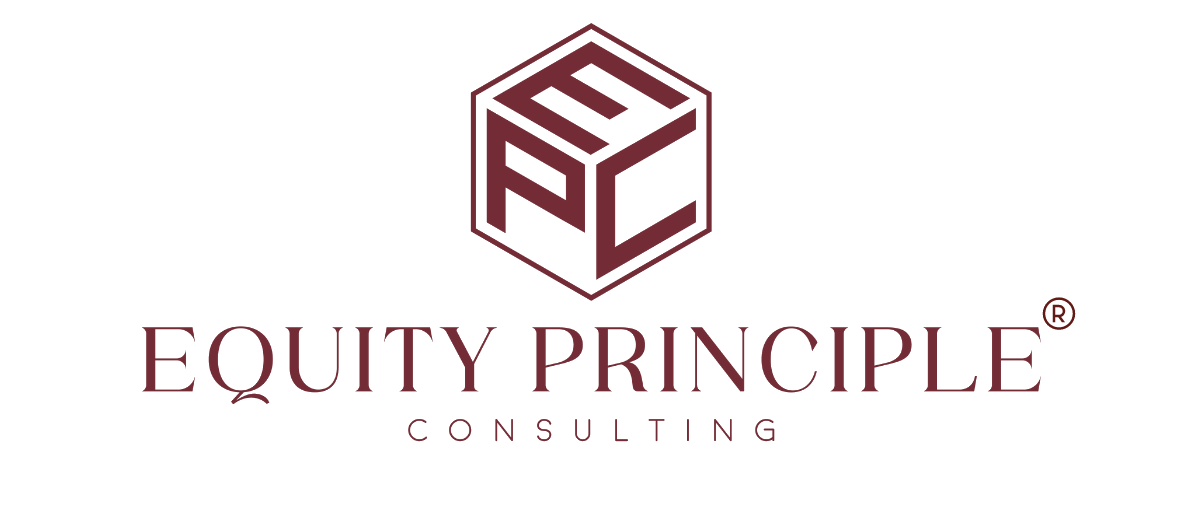Fostering Trust through Accountability in DE&I Initiatives
When I work with corporate leaders to develop a strategic diversity, equity, and inclusion (DE&I) plan, one of the core steps in my framework is accountability. Accountability in the context of DE&I refers to the commitment of both individuals and the organization to uphold principles of diversity, equity, and inclusion and take responsibility for the implementation and success of these initiatives.
Accountability fosters trust between employees and their organizational leadership. Trust creates a vital connection that encourages individuals to fully embrace and align with their organization’s mission and core values.
By focusing on accountability, organizations can significantly advance their DE&I objectives, laying a robust foundation for a culture that thrives on mutual respect and collective responsibility.
This article explores the pivotal role of accountability in fostering trust, thereby driving the success of DE&I efforts within corporate settings.
Below, we examine how accountability acts as a catalyst for building trust within the framework of DE&I initiatives:
- Transparency and Open Communication: Accountability promotes transparency in the processes and outcomes of DE&I initiatives, facilitating open communication. This openness is essential for building trust, as it ensures that all employees are informed and engaged with the organization’s efforts to foster inclusivity and equity.
- Consistency in Policy Application: Through accountability, organizations commit to applying policies and practices consistently across all levels. This consistency is critical to eliminating perceptions of bias or unfair treatment, which are often barriers to trust.
- Recognizing and Rectifying Mistakes: An accountable organization recognizes its mistakes and takes steps to rectify them. This willingness to learn from errors and make necessary adjustments is crucial for building employee trust, as it demonstrates a genuine commitment to continuous improvement in DE&I practices.
- Empowerment through Participation: By holding themselves accountable, organizations empower employees to participate in DE&I initiatives. This empowerment fosters a sense of ownership and shared responsibility, which are critical components of trust.
- Evidence of Commitment: Accountability provides tangible evidence of an organization’s commitment to DE&I values. Seeing this commitment in action reinforces employees’ trust in their organization, believing in its dedication to creating a truly inclusive and equitable workplace.
Conclusion
Integrating accountability within DE&I initiatives is a strategic approach to cultivating trust, an essential element for the success of any inclusive and equitable workplace culture. For organizations committed to advancing their DE&I agenda, prioritizing accountability is, therefore, a critical step towards fostering an environment where trust thrives, and every employee feels valued, respected, and engaged.

